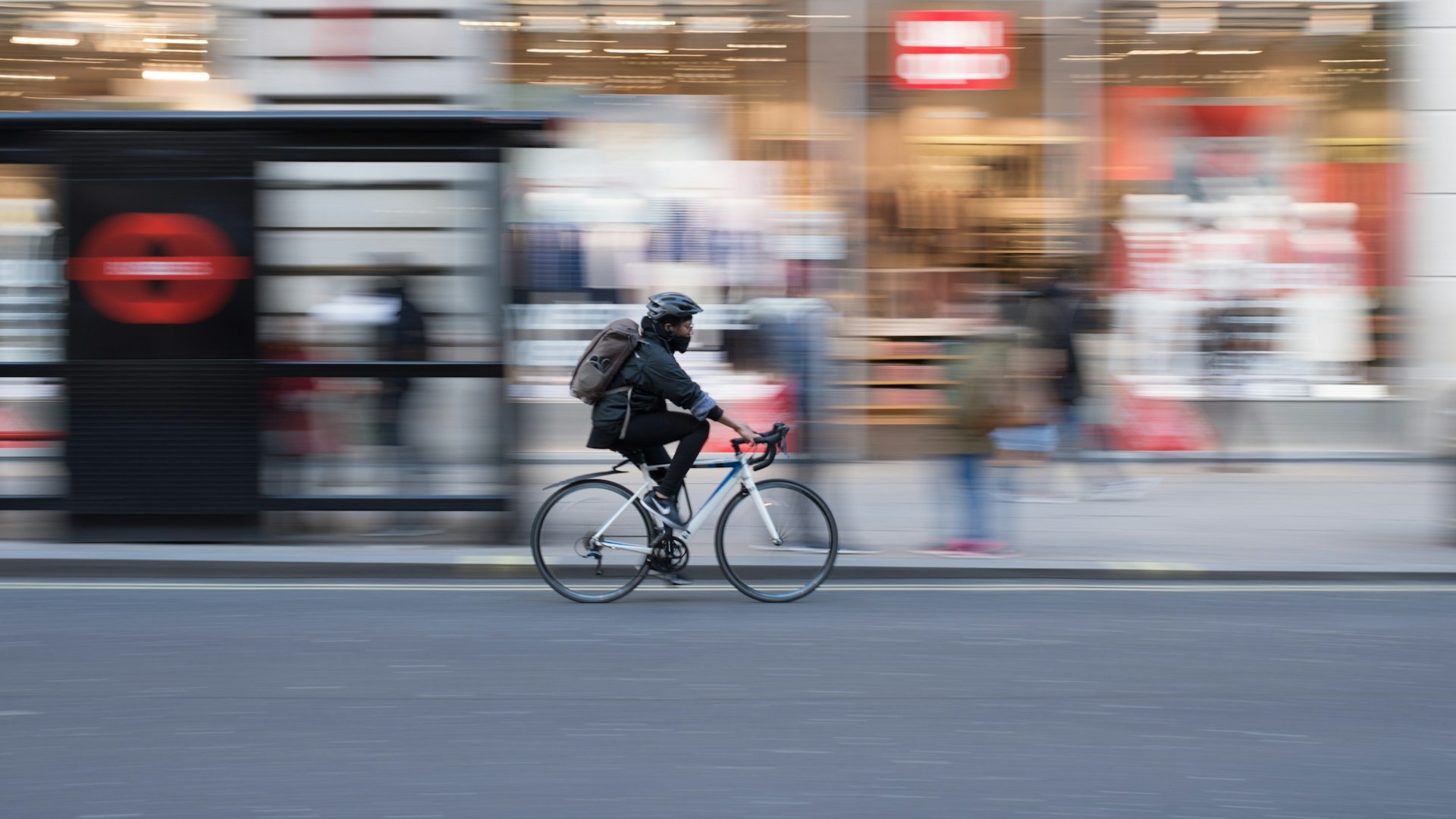SCOES Sustainable Commuting Obstacles Exploration Study

This study explored obstacles to sustainable commuting with three employers based in Borlänge. The purpose of the study was to support a richer understanding of commuting in the local context and support participants of the study in reflections.
Background
Supporting employees to commute through active mobility (cycling and walking) or public transport is challenging in contexts where the private car is the dominant transport mode. However, employers can support their employees in discovering alternative and more sustainable ways of commuting by active engagements.
Project Description
The SCOES Sustainable Commuting Obstacle Exploration Study supported the Urban Bike Flow pilot in Borlänge, which tested electric bikes, connected bike racks, and a mobile app to track commuting patterns. Conducted with startups and employers, the study identified everyday barriers to sustainable commuting through interviews and observations. Findings were shared in a workshop with employers and local authorities to explore solutions.
The study revealed key obstacles to cycling adoption, the role of attitudes and habits, and how employers and municipalities can support sustainable commuting. It also assessed the effectiveness of electric bikes, bike racks, and mobile apps in reducing car dependency. Results emphasized the need for structured interventions to encourage active transport.
Future efforts should focus on improved cycling infrastructure, stronger employer support, and raising awareness of car dependency costs. The study highlights the importance of addressing mobility challenges in suburban and smaller towns. By 2035, increased employer commitments and climate reporting could drive lasting changes in commuting behaviour.
Purpose and Goals
To gain a deeper knowledge and understanding of:
- Barriers in everyday life to sustainable mobility and how these are connected and influence each other.
- The steps and phases through which a cycling practice can be developed.
- Attitudes, values and mental models influencing cycling adoption.
- What employees and municipalities can do to support sustainable work commutes, and how such measures can be initiated and implemented in collaborations.
- Electric bikes, bike parking and the effects of the mobile app.
Project Plan
An outline of the project plan is as follows:
- Interviews with Borlänge municipality
- Study re-planning
- Re-recruitment of participants
- Interviews, field studies, observational studies, follow-up interviews
- Data collection
- Implementation of the project with the test participants and follow-up
- Transcription and analysis of interviews.
- Planning and implementation of workshop
- Analysis and compilation
- Presentation at final conference

